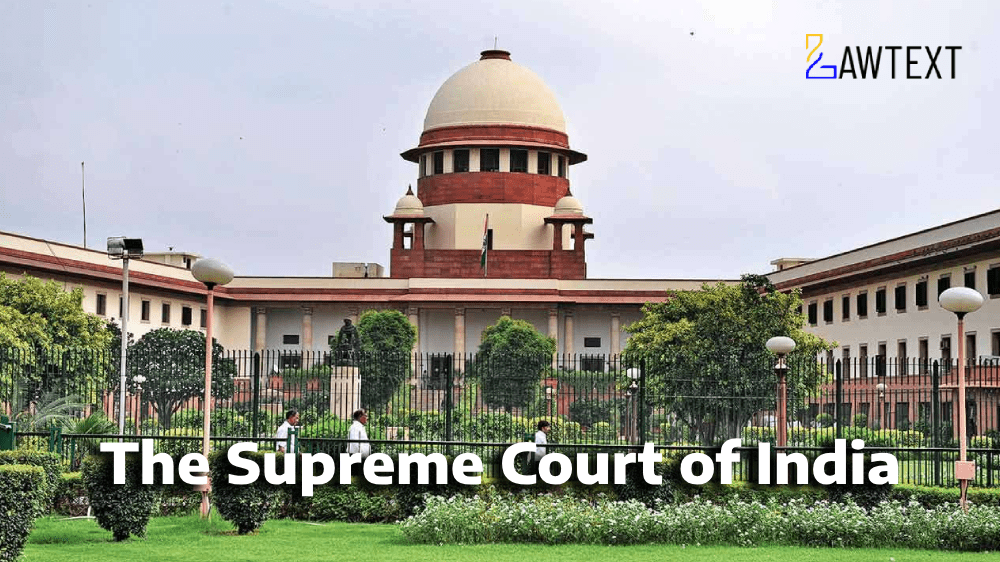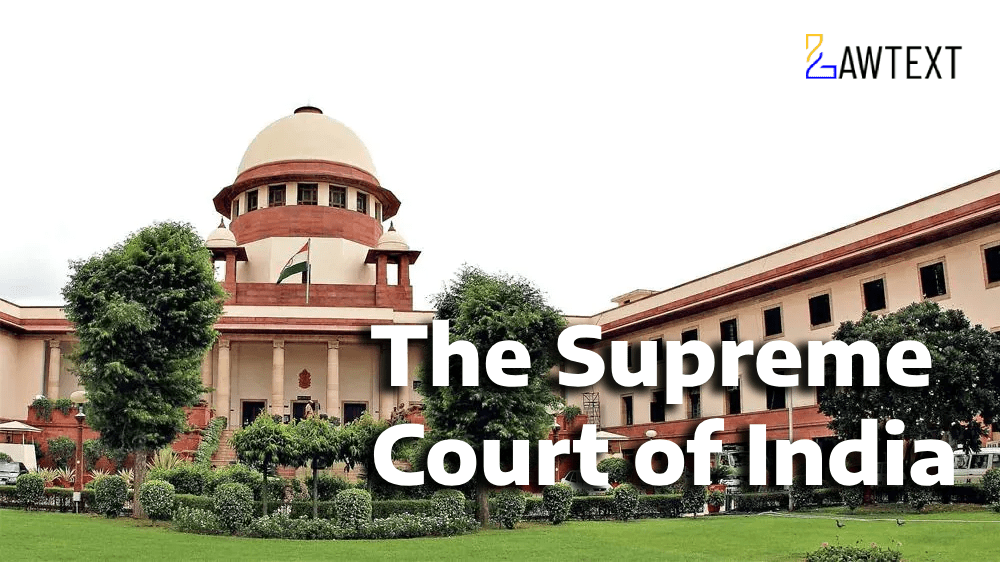Case Note & Summary
The Supreme Court upheld the decision of the National Company Law Appellate Tribunal (NCLAT), confirming that the appellants are financial creditors under the Insolvency and Bankruptcy Code (IBC). The dispute revolved around whether certain transactions, such as security deposits and service agreements, constituted financial debts under Section 5(8) of the IBC. The Supreme Court's decision clarified the nature of financial debts, operational debts, and their distinction in the context of insolvency proceedings.
Background and Appeal:The case involves appeals against the NCLAT's decision, where the primary issue was whether the respondents were financial creditors under Section 5(7) of the IBC. The corporate debtor, Mount Shivalik Industries Limited, had entered into agreements with the respondents, wherein they deposited significant amounts as security with an interest provision. The NCLAT had ruled that these deposits constituted financial debts.
Agreements and Financial Debts:Two agreements from 2014 and 2015 between the respondents and the corporate debtor required the respondents to deposit security amounts, with interest payable by the corporate debtor at 21%. The crux of the argument was whether these deposits constituted financial debts or were operational in nature.
IBC Definitions and Interpretation:The Supreme Court delved into the definitions of "financial debt" under Section 5(8) and "operational debt" under Section 5(21) of the IBC. It emphasized the distinction between financial debts, which are disbursed for the time value of money, and operational debts, which are related to goods or services.
Ruling and Conclusion:The Supreme Court affirmed that the deposits made by the respondents had the commercial effect of borrowing, fulfilling the criteria of a financial debt. The Court upheld the NCLAT's decision, confirming that the respondents were financial creditors and should be treated as such in the Corporate Insolvency Resolution Process (CIRP).
Ratio Decidendi: Definition of Financial Debt: For a debt to qualify as a financial debt, it must be disbursed against the consideration for the time value of money. Security deposits, as in this case, constituted financial debts because they were repayable with interest, reflecting time value. Operational vs. Financial Debt: The Court clarified that operational debts arise from goods or services, while financial debts involve repayment with interest, signifying financial assistance to the corporate debtor. Key Legal Provisions: Section 5(7) of IBC: Definition of a financial creditor. Section 5(8) of IBC: Definition of financial debt, including time value of money and commercial effect of borrowing. Section 5(21) of IBC: Definition of operational debt. Subjects:#IBC #FinancialDebt #NCLAT #CorporateInsolvency #FinancialCreditor #OperationalDebt
Issue of Consideration: Global Credit Capital Limited & Anr. Versus Sach Marketing Pvt. Ltd. & Anr.
Premium Content
The Issue of Consideration is only available to subscribed members.
Subscribe Now to access critical case issues







